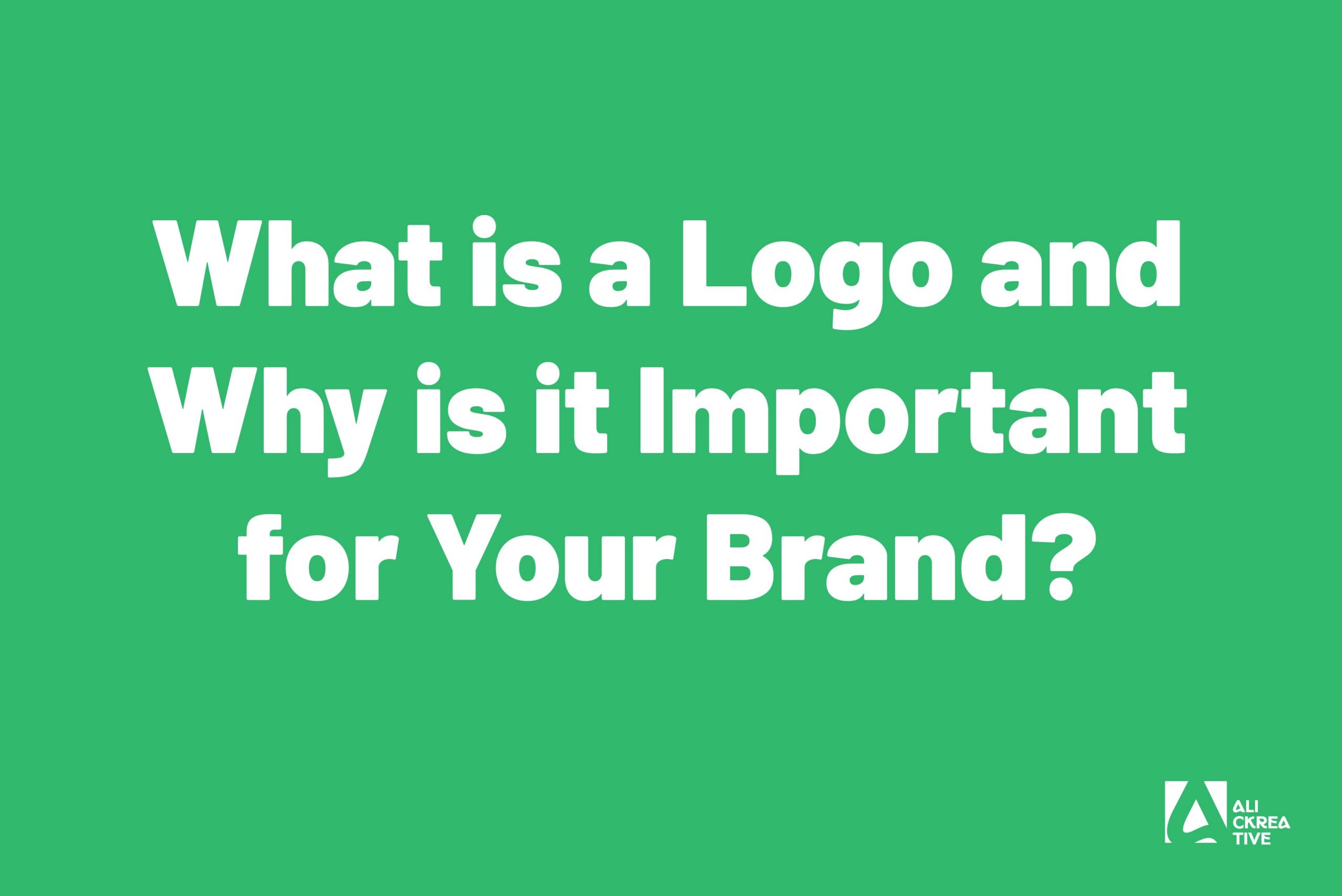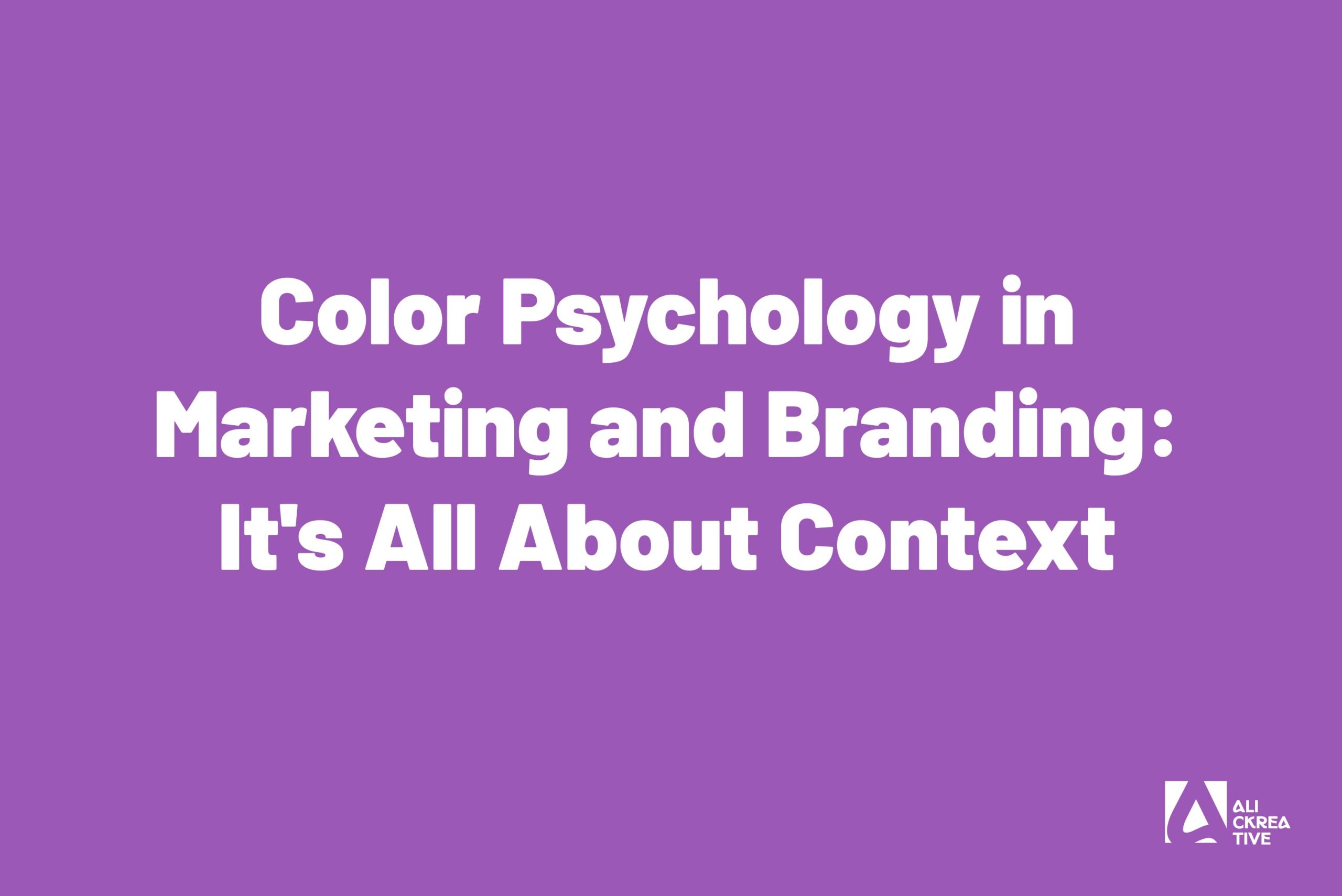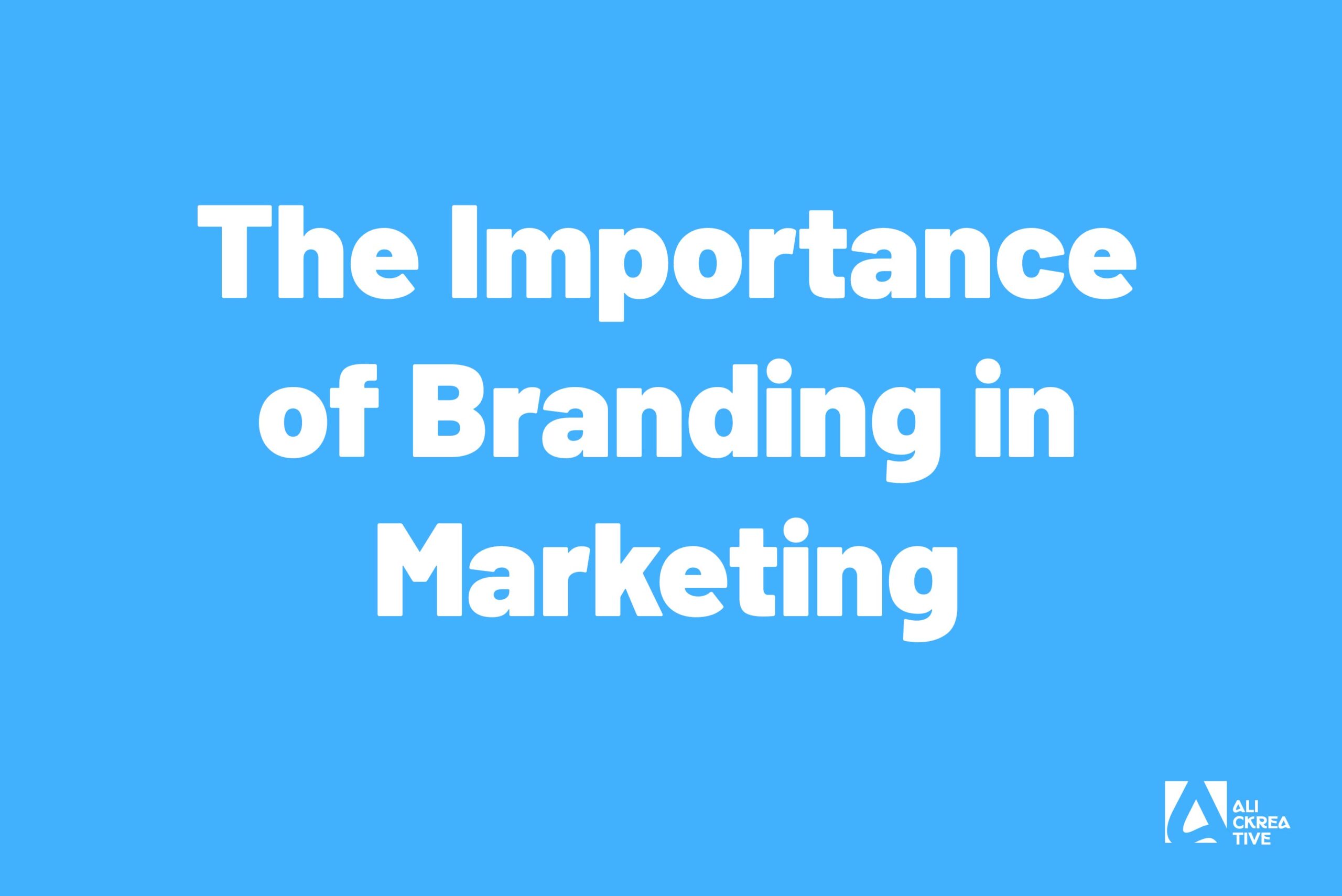In the world of branding, a logo is one of the most powerful tools at your disposal. It’s not just a graphic—it’s the visual heart of your brand. A well-crafted logo conveys who you are, what you stand for, and how you’re different from everyone else. When done right, a logo is a visual shortcut that people immediately recognize, associate with your brand, and remember. Here’s why a logo is essential to building a strong brand identity and lasting customer connections.
1. Your First Impression Matters
A logo is often the first interaction people have with your brand. Whether it’s on your website, product packaging, social media, or even a business card, the logo sets the tone for what customers can expect from your brand. A clean, professional logo signals quality and credibility, encouraging people to trust your business and explore further.
A poorly designed or generic logo, however, can create doubt and lead potential customers to question your business’s quality or reliability. Investing in a thoughtfully designed logo helps make sure that first impression is a positive one.
2. Builds Your Brand’s Identity
Your logo is a foundational piece of your brand identity. It’s the element that pulls together all the colors, fonts, and design elements that represent your brand’s personality. Think of it as a visual shorthand for your brand values and vision—it helps people understand your brand at a glance.
For example, a tech company might choose a sleek, modern logo with bold colors to convey innovation, while an organic food brand may opt for earthy colors and natural shapes to evoke health and nature. When your logo aligns with your brand’s personality, it creates a cohesive identity that resonates with your audience.
3. Enhances Brand Recognition
In today’s crowded market, brand recognition is crucial. A distinct and memorable logo helps customers recognize your brand quickly and easily. Studies show that people remember visual images better than text, making a logo the ideal visual cue for building brand recall.
Think of logos like those of Apple, Nike, or Starbucks—they’re simple, unique, and instantly recognizable worldwide. A memorable logo sticks in the minds of your audience, increasing the likelihood they’ll remember and choose your brand when the time comes.
4. Differentiates You from Competitors
In a marketplace filled with similar products and services, a unique logo helps your brand stand out. Your logo should reflect what makes your business special—whether it’s your commitment to quality, your innovative approach, or your customer-focused values.
For example, if you’re in a competitive field like skincare, a thoughtfully designed logo can instantly set you apart from other brands. By incorporating unique design elements that reflect your brand’s essence, you create a visual identity that customers can’t confuse with anyone else.
5. Strengthens Your Marketing Efforts
Your logo isn’t just for business cards and websites; it’s the anchor of all your marketing efforts. From social media posts to advertising and packaging, a consistent logo reinforces your brand message across every channel. When customers see a familiar logo on different platforms, it builds familiarity and trust, making it easier for them to connect with your brand.
Having a versatile, high-quality logo also ensures that it looks great in any context—digital or print, small or large. This consistency is key to building a solid and recognizable brand presence in your market.
Why Partner with Alickreative for Your Logo?
At Alickreative, we understand that a logo is much more than a graphic—it’s the foundation of your brand’s success. Here’s what makes us the ideal choice for your logo design:
- Brand-Centric Approach: We take the time to understand your brand’s values, audience, and goals to create a logo that resonates with your vision.
- Expertise in Design and Branding: With years of experience, our team knows how to balance creativity with strategy, creating logos that are not only visually appealing but also effective.
- High-Quality, Versatile Design: Our logos are designed to look great across all platforms, from social media to packaging, so your brand always makes the right impression.
Ready to create a logo that captures the heart of your brand? Contact Alickreative today to start building a memorable brand identity that stands out and drives success.




